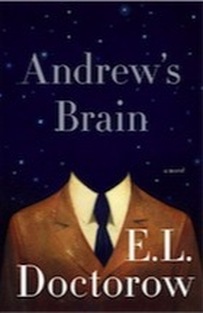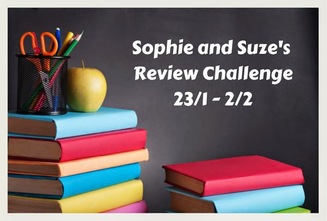
Andrew is a “cognitive scientist” with a strong belief in the impact of brain biology on our actions as opposed to the more nebulous mind. Although not necessarily a likeable character, his voice is lively and appealing. At first the novel comes across as a parody of therapy, with the therapist’s questions and largely unhelpful interjections generally ignored. But as the novel progresses, we find ourselves embroiled in a far darker story of not only the wrongs unwittingly triggered by this one individual, but, via Andrew’s college-day friendship with a war-mongering president, of political shenanigans of the worst kind. By the end of the novel the dreams, “soundless voices” and speculation about how far studies of the human brain can take us, that have preoccupied Andrew from the early pages, and even the identity of the seemingly neutral therapist take on a more sinister significance, in which his only note of hope is in the science supposedly underlying his experience, along with his insistence on his inability to feel.

I’m grateful to Abacus Books for my review copy.
If you subscribe to this blog, you might be surprised to find I’ve posted two reviews on consecutive days. You know I don’t like to overwhelm you with an excess of my words. But I do have a backlog of reviews to publish, so I’ve joined in with Sophie and Suze’s Review Challenge which runs from today until 2 February, with the aim of posting a review a day over the next eleven days. (I imagine Sophie will be posting many more: if you were impressed with my tally of 96 books for last year, you’ll be gobsmacked by her target of 300 for 2015.) I hope you’ll find a way of keeping up with me, but please don’t feel pressurised to do so. Even if you don’t find time to comment, or even read, I know you’re with me in spirit and I’m most grateful for that.





















 RSS Feed
RSS Feed





















